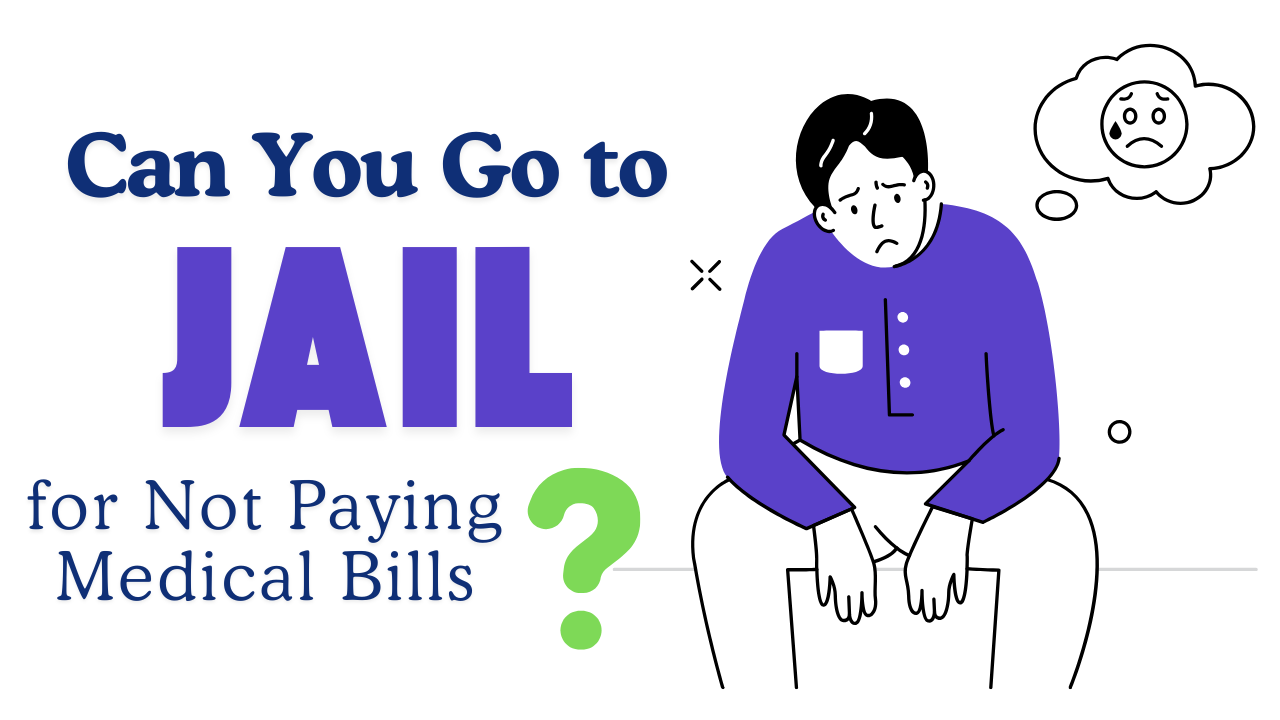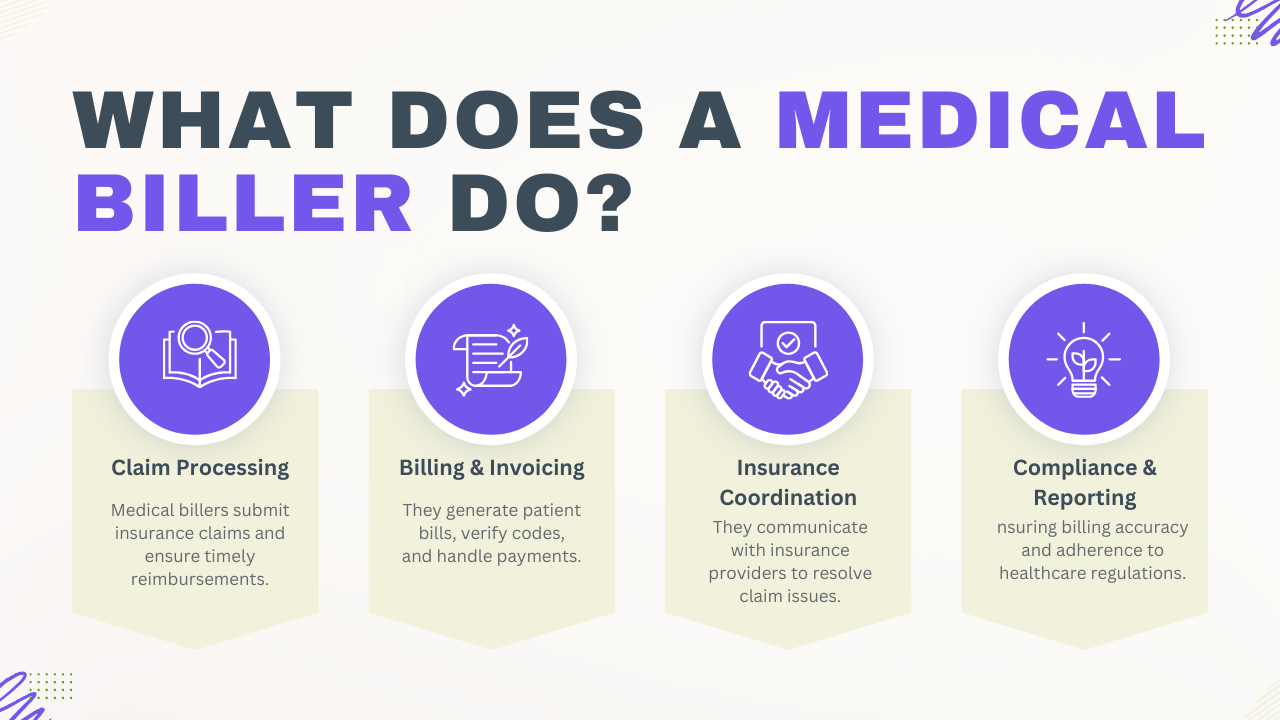Introduction
Medical bills can be stressful enough without worrying about your credit score. Whether it's an unexpected ER visit or a high-cost procedure, many Americans ask: “Do medical bills affect your credit?” In this guide, we’ll break down how medical debt works, when it impacts your credit score, and what you can do to protect your financial health.
Do Medical Bills Affect Your Credit?
Yes — medical bills can affect your credit, but not immediately. Here’s the catch: medical debt doesn't show up on your credit report unless it goes unpaid for a certain period.
Thanks to recent changes by credit bureaus (Experian, Equifax, and TransUnion), unpaid medical bills now have a 1-year grace period before they appear on your credit report. This gives you time to work with healthcare providers or insurance to resolve billing issues.
Do Medical Bills Affect Your Credit Score?
Medical bills only affect your credit score once they’re sent to collections and reported to the credit bureaus. At that point, your FICO score or VantageScore may drop, especially if the collection account remains unpaid.
However, new scoring models like FICO 9 and FICO 10 weigh medical collections less heavily than other types of debt. And paid medical collections no longer affect your score under newer scoring systems.
Key Highlights:
- Paid medical collections = no score impact
- Unpaid medical debt in collections = potential score drop
- Under FICO 8 and older models = bigger impact
Do Unpaid Medical Bills Affect Your Credit?
Yes. Unpaid medical bills can severely impact your credit if they reach collections. Collection agencies typically report delinquent accounts after the 12-month waiting period, which is designed to allow patients time to resolve insurance claims or billing disputes.
Once reported, the collection account stays on your credit report for 7 years, even if you pay it off later.
What Is the Minimum Monthly Payment on Medical Bills?
There is no standard minimum payment like there is with credit cards. Most healthcare providers are willing to set up payment plans based on what you can afford.
Pro tip:
Always request a zero-interest payment plan before using a credit card or personal loan to pay off medical bills.
How to Remove Medical Collections from a Credit Report
- Here are a few ways to remove medical collections from your credit report:
- Dispute errors: If the debt is inaccurate, file a dispute with the credit bureau.
- Pay it off: Paid medical collections are automatically removed or ignored in newer credit scoring models.
- Goodwill letter: Ask the collection agency or provider to remove the account as a goodwill gesture.
- Negotiate a pay-for-delete agreement: Get written confirmation before paying.
How Long Do Closed Accounts Stay on Your Credit Report?
- Closed accounts in good standing remain for 10 years.
- Negative accounts, like collections, stay for 7 years from the date of first delinquency.
Does Your Spouse Affect Your Credit Score?
No — your credit score is individual. However, joint accounts or co-signed loans can affect both your scores. If your spouse’s name is on a medical bill that goes unpaid, it won’t hurt your credit — only theirs.
Is It True That After 7 Years Your Credit Is Clear?
Partially true. Most negative items, including unpaid medical collections, fall off your credit report after 7 years. However, that doesn’t mean the debt is forgiven — the creditor may still try to collect.
What Are the 11 Words to Stop a Debt Collector?
The famous phrase is:
“Please cease and desist all calls and contact with me immediately.”
Under the Fair Debt Collection Practices Act (FDCPA), this statement legally requires a debt collector to stop contacting you — but it doesn’t erase the debt.
How to Protect Your Credit from Medical Bills
- Review all medical bills immediately
- Dispute errors or overcharges
- Negotiate payment plans
- Contact your insurance provider
- Avoid letting bills go to collections
- Monitor your credit reports regularly (via AnnualCreditReport.com)
Final Thoughts
While medical bills can affect your credit, you have tools and time to manage them before they do. Staying proactive — reviewing bills, working with providers, and disputing inaccuracies — is key to protecting your credit health.
Remember: Knowledge is power, and understanding how medical debt works helps you make smarter financial decisions in the future.
FAQs
Q: Do unpaid medical bills go away?
No. They remain collectible and can appear on your credit report for up to 7 years.
Q: Do hospitals report to credit bureaus?
Not directly. They typically send unpaid bills to collection agencies who then report them.
Q: Can medical bills be forgiven?
Yes, in some cases. Nonprofits or hospitals with financial assistance programs may forgive all or part of the debt if you qualify.




